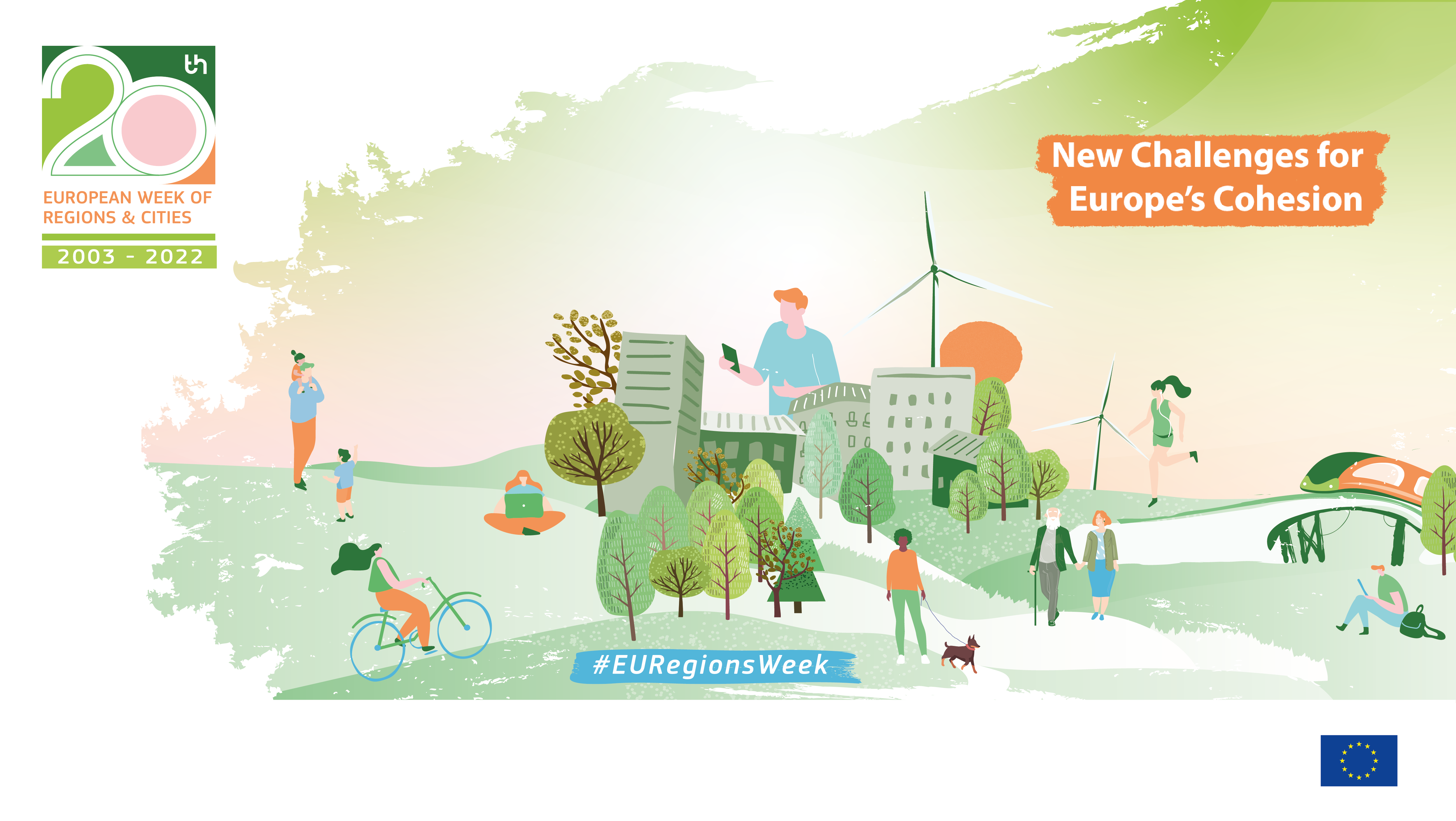We need reliable and sustainable mobility solutions in the functional urban areas of urban nodes as well as the overall flow of goods and passengers in rural areas. This workshop discussed how to best build urban-rural partnerships for sustainable mobility systems throughout Europe with a focus on the Scan-Med corridor and member regions of the Scandria Alliance.
The session started with an introduction by moderator Wiktor Szydarowski, Director of ESPON EGTC, and a welcome statement by Guido Beermann, Minister of Infrastructure and Federal State Planning, Land Brandenburg and Chairman of the Scandria Alliance.
Minister Beermann emphasised the need for a functional approach to urban nodes to unleash the potential of effective transport connections for regional development, urban-rural partnerships and the green transition. He stressed that collaboration of cities and regions across borders will play a key role as a response to the increased importance of urban nodes in the upcoming new TEN-T regulation. Minister Beermann emphasized that the Scandria Alliance provides an arena for collaboration of cities and regions along the ScanMed corridor.
The following high-level representatives of four member regions of the Scandria Alliance discussed the replication potential of local and regional connectivity measures, the importance of multi-level governance approaches as well as the role of geography in a subsequent panel discussion:
- Hanna E. Marcussen, Vice Mayor for Urban Development, City of Oslo,
- Manuela Hahn, Deputy Head of Joint Spatial Planning Department Berlin-Brandenburg,
- Heikki Saarento, Planning Director, Regional Council of Southwest Finland,
- Åsa Ågren Wikström, Member of Västerbotten County Council.
Key take away messages from this panel discussion are:
- There is no “one -size fits all solution” for connectivity measures of European urban nodes. Concrete solutions need to be based on the local conditions. However, cooperation across borders and building networks and projects that enable these solutions are important prerequisites for the quality and durability of the connectivity measures.
- Achieving the sustainable development and climate goals and building a climate-smart transport network are complex tasks that require a multilevel governance approach to be successful. Pro-active regional authorities, good stakeholder relations and local and regional strategies that are in line with those on the national and EU levels are important parts of the recipe.
- The functional urban area approach is a helpful tool to achieve a more balanced and sustainable development. However, structural and size differences as well as the specific needs of cross-border regions need to be taken into account to make the most of the approach for the regions. Both formal and informal cooperation formats are needed for this.
